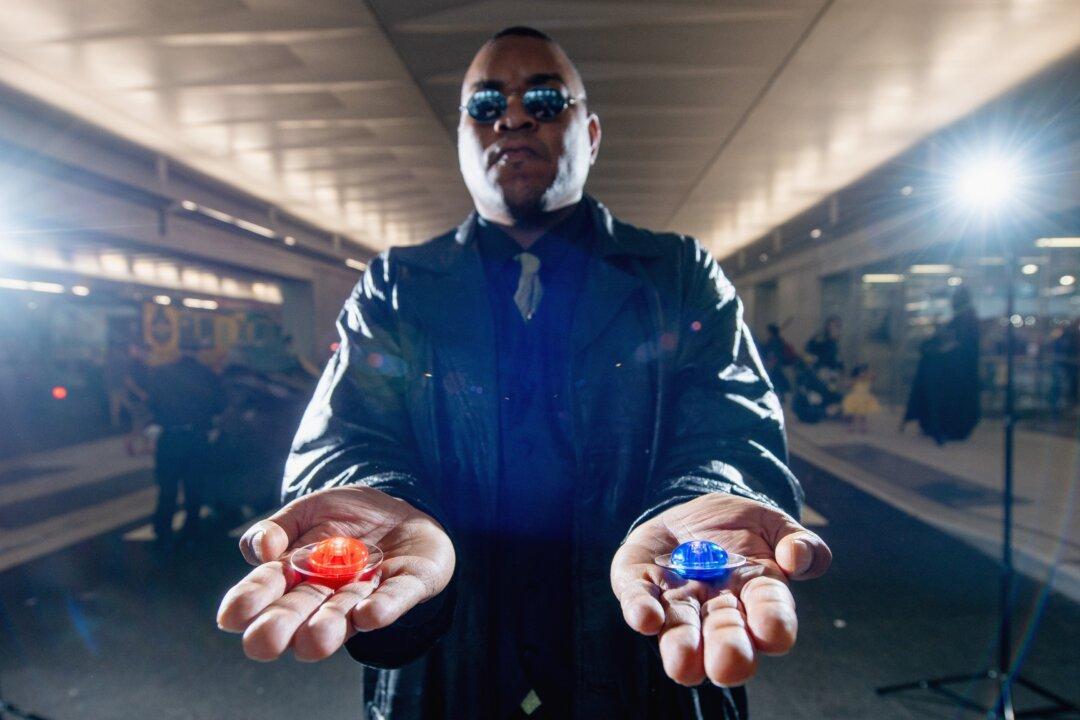A British academic who has conducted the biggest study of incel ideology online says it is still growing and appears to be a backlash against feminism.
In recent weeks there have been an increasing number of articles in British media about incels, or involuntary celibates, partly linked to a focus on online misogyny following the arrest of influencer Andrew Tate in Romania.





